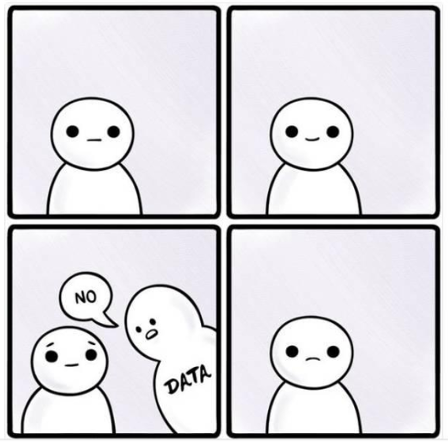Yeah, yeah...that Scandinavian register data is amazing, but these days I'm pretty excited about new links being made between large U.S. surveys and administrative data. For those of you interested in the relationship between housing (or housing-related policies) and health, I have great news! Copied from an email I just received
NCHS has linked 1999-2016 National Health Interview Survey (NHIS) and 1999-2016 National Health and Nutrition Examination Survey (NHANES) to administrative data through 2016 for the Department of Housing and Urban Development’s (HUD) largest housing assistance programs: the Housing Choice Voucher program, public housing, and privately owned, subsidized multifamily housing. Linkage of NCHS survey participants with HUD administrative records provides the opportunity to examine relationships between housing and health.
I have used the NHIS before, and I can say that sample sizes are large (large enough even to study immigrants!), and there are many, many interesting variables. Although the survey focuses on health, there are questions related to income, education, country of birth, etc.
The downside: To use many of the most interesting variables, you have to go to a restricted data center.
